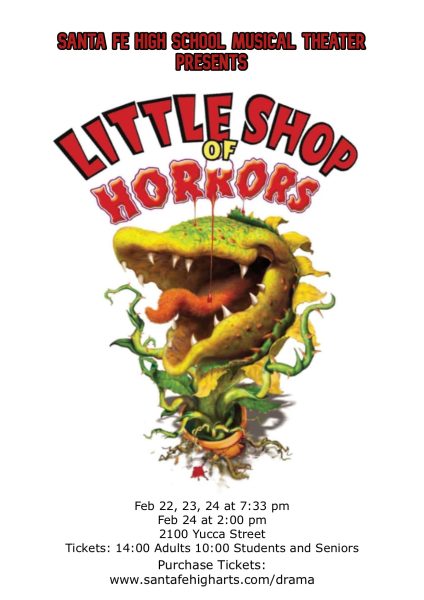Too-Soon Movies
February 1, 2017
Time and time again the movie industry has fast-produced movies, but the ones that are most controversial are those that are based on recent events, more specifically the movies that showcase tragedy and reveal the darker side of reality.
It’s often too soon for actors to portray painful, real-life events on the big screen, especially when we know their endings.
For example, the movie “Patriot’s Day,” starring Mark Wahlberg, is about the Boston Marathon bombing, which happened in 2013. According to CBS, the story is told through the viewpoint of former Police Commissioner Ed Davis; it also includes footage from “60 Minutes.”
“Fruitvale Station,” premiering in 2013, was based on the story of Oscar Grant III, who was shot in the back by a Bay Area Rapid Transit officer in Oakland, Calif., on New Year’s Day, 2009. It also shows videos of the shooting, according to director and writer Ryan Coogler.
The more popular movies about 9/11, such as “United 93” and “World Trade Center”, both came out in 2006, only five years after the event. The movies showcase different aspects of the 9/11 attacks: “United 93” focuses on the heroic acts of the passengers on the flight that never reached its destination while “World Trade Center” focuses on the story of two firemen who were trapped in one of the Twin Towers.
Other movies focusing on tragic events have been based on books, such as “A Mighty Heart,” about the 2002 kidnapping of “Wall Street Journal” reporter Daniel Pearl, written by his wife, Mariane Pearl. When it screened in 2007, it received some backlash; a memorable complaint was from Pearl’s colleague and friend Asra Q. Nomani. His article, “A Mighty Shame,” published on the “Washington Post” website, describes how Daniel Pearl would have felt about how he was portrayed. Nomani claims, “Danny himself had been cut from his own story.”
Another example is the movie “13 Hours: The Secret Soldiers of Benghazi,” based on Mitchell Zuckoff’s book “13 Hours: The Inside Account of What Really Happened in Benghazi.” The book discusses the September 11, 2012 terrorist attacks on the U.S. State Department Special Mission Compound and the CIA station in Libya, which resulted in the deaths of four Americans, including Chris Stevens, an ambassador.
The movie was released on Jan. 15, 2016, just four years after the event took place. In a statement to ABC News, a CIA spokesperson said, “It’s a distortion of the events and the people who served in Benghazi that night. It’s shameful that, in order to highlight the heroism of some, those responsible for the movie felt the need to denigrate the courage of other Americans who served in harm’s way.”
Another movie about a memorable event is “Sully,” about Captain Chelsey “Sully” Sullenberger, who landed a damaged plane on the Hudson River in 2009. The film was released Sept. 9, 2016, seven years after it happened.
It isn’t shocking news that the movie industry makes movies about real-life events. But what happens when the movies aren’t about past events, when they’re about issues that are still happening?
Recently, Lifetime has decided to produce a movie about the water crisis in Flint, Mich. According to producers Craig Zadan and Neil Meron, the movie was inspired by a “Time” magazine cover story about the crisis, “The Toxic Trap,” by Josh San.
Maybe it’s not that stories about real-life events are too much for the public to see, but the idea that these movies are not truly paying homage to those events but are trying to make money off of them is too much. People’s tragedies and the trauma they cause are being turned into blockbusters.












